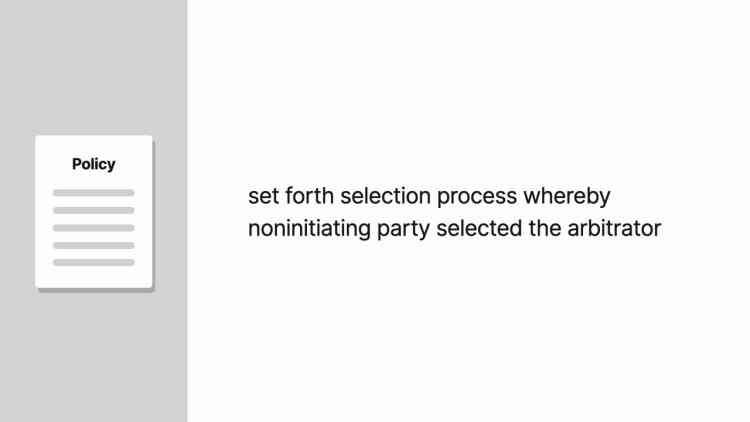Chavarria v. Ralphs Grocery Co.
United States Court of Appeals for the Ninth Circuit
733 F.3d 916 (2013)
- Written by Salina Kennedy, JD
Facts
Zenia Chavarria (plaintiff), a former deli clerk, filed a class-action lawsuit against Ralphs Grocery Company (Ralphs) (defendant), alleging labor-code violations. Ralphs moved to compel arbitration of the matter pursuant to the company’s arbitration policy (policy). Ralphs required all job applicants to agree to be bound by the policy as a condition of applying; however, Chavarria was not provided a copy of the policy until three weeks after she had been hired. The policy contained three provisions that Chavarria argued made it unconscionable. First, the policy’s rules for selecting an arbitrator prohibited the use of an arbitrator from the American Arbitration Association (AAA) or the Judicial Arbitration and Mediation Service (JAMS). The selection rules also guaranteed that employee-initiated arbitration would always result in the use of an arbitrator chosen by Ralphs. Second, the policy required the arbitrator’s fees to be apportioned at the beginning of arbitration and required arbitration fees, which cost up to $14,000 per day, to be split equally between the parties in all but a narrow minority of circumstances. Third, Ralphs was permitted to unilaterally change the policy without notifying the employee. The employee’s continued employment was to be deemed acceptance of any changes. The district court found the policy to be unconscionable and denied Ralphs motion to compel arbitration. Ralphs appealed.
Rule of Law
Issue
Holding and Reasoning (Clifton, J.)
What to do next…
Here's why 907,000 law students have relied on our case briefs:
- Written by law professors and practitioners, not other law students. 47,100 briefs, keyed to 996 casebooks. Top-notch customer support.
- The right amount of information, includes the facts, issues, rule of law, holding and reasoning, and any concurrences and dissents.
- Access in your classes, works on your mobile and tablet. Massive library of related video lessons and high quality multiple-choice questions.
- Easy to use, uniform format for every case brief. Written in plain English, not in legalese. Our briefs summarize and simplify; they don’t just repeat the court’s language.





